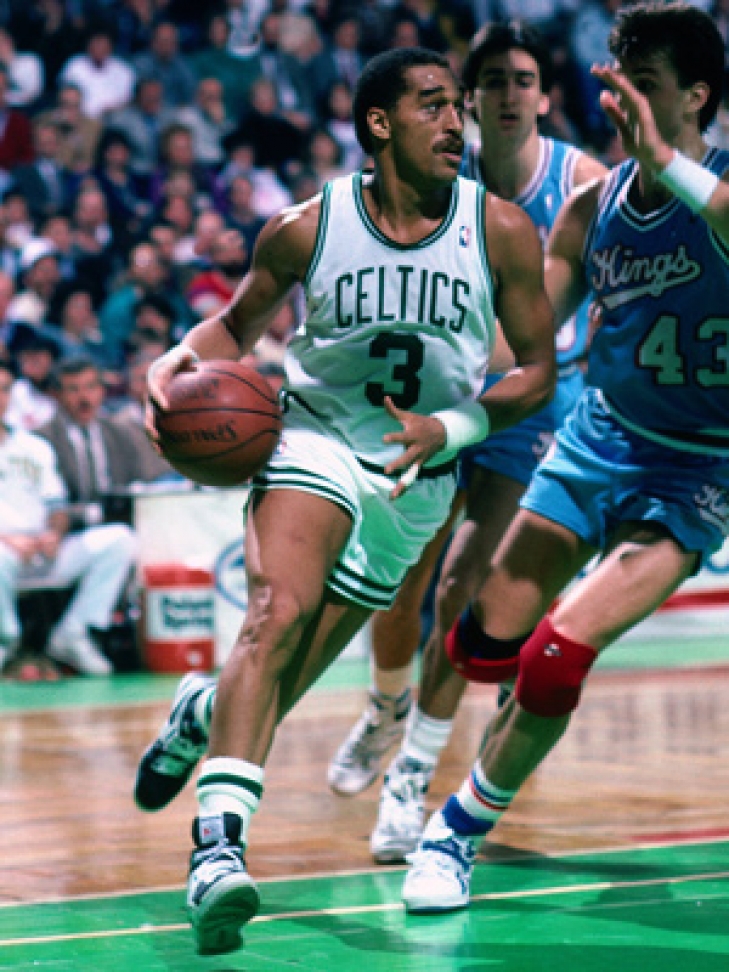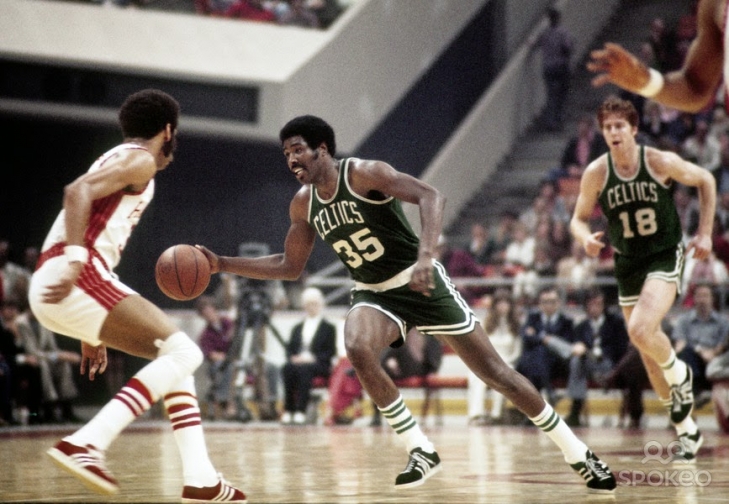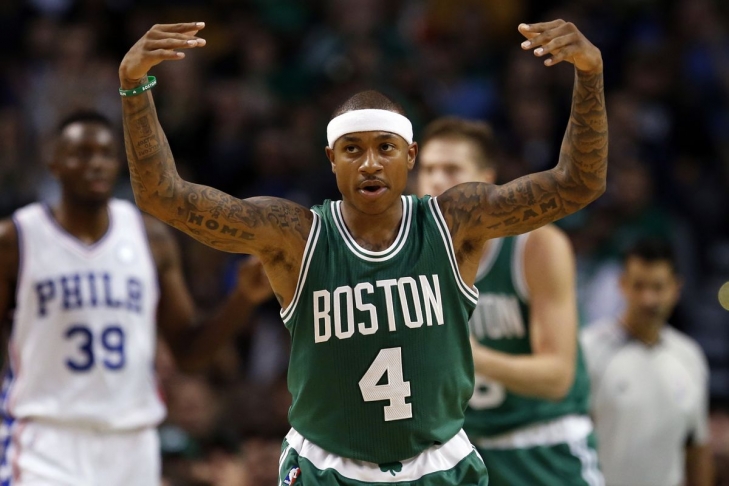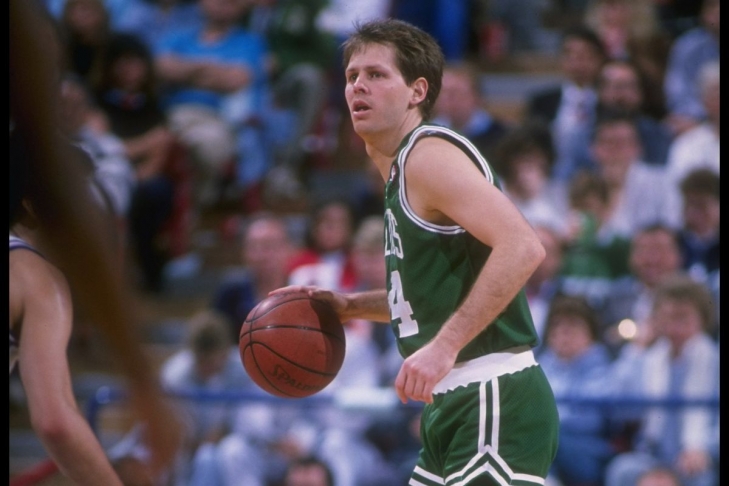Site Admin
30. Dennis Johnson
Dennis Johnson played the last half (seven years) of his career with the Coston Celtics after already going to four All-Star Games and winning the NBA Championship in 1979 with the Seattle SuperSonics. "D.J." was already one of the best defensive guards, and as a Celtic, he would continue to provide that with four All-Defensive Selections (one First Team and three Second Teams). Johnson was scoring as much as he had before, but with Boston, he had switched from Shooting to Point Guard, and it reflected in higher assists numbers than he had ever had previously.
31. Paul Silas
Paul Silas was with the Boston Celtics for four seasons, directly after he was chosen for his first All-Star Game with the Phoenix Suns. Silas was much happier in Boston, and every season that he donned the green, Silas averaged a double-double, specifically posting 11.5 Points and 12.3 Rebounds per Game as a Celtic. The Power Forward wasn't a great shooter, but his pay was based on his rebounding prowess, and Silas was damned good at it. He finished in the top thirteen in Rebounds per Game in every year that he played in Boston and in three seasons he was named an All-Defensive Selection. Silas was chosen for the All-Star Game in 1975, but most importantly his defensive skills were a tremendous asset to Boston winning the 1974 and 1976 NBA Championship.
29. Isaiah Thomas
Yes, we know that Thomas' stay in Boston only encompassed two years and change, but he was on fire especially in his last year in Boston and was the man who carried Boston further than they had any right to be at the time.
27. Danny Ainge
Ainge actually played for the Toronto Blue Jays before he was drafted by the Boston Celtics, who chose him 31st Overall in 1981 and after a rocky start, he would find his role in professional basketball as a pesky agitator and occasional scorer. Ainge would help Boston win two titles (1984 & 1986) and was a bit of a surprise as an All-Star in 1988. The Guard would average 11.3 Points per Game over the seven and a half seasons he played for Boston.




